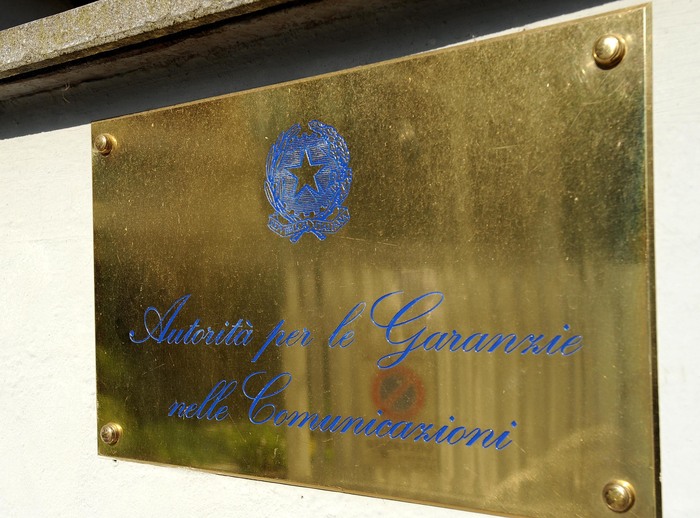The Council of the Communications Regulatory Authority approves its text on the level playing field that private broadcasters must comply with, and it is different from that of the Supervisory Commission for Rai. However, Agcom will establish the sanctions for everyone, provided for by law 28 of 2000: "it will intervene promptly in the event of imbalances, aiming to ensure a correct and pluralistic political debate and conditions of equal treatment between the subjects participating in the electoral competition. The Authority will uniformly apply for Rai and for private broadcasters the rules established by law and referred to both by the resolution of the supervisory commission and by its own regulation approved today".
The only novelty in this case is that "the Authority for both news programs and information programmes, will not limit itself to evaluating the amount of time used by political subjects in programming, but will consider the time slots in which the exposure of the subjects takes place on the basis of the audiences recorded by Auditel. Furthermore, in the evaluation of the information programmes, their periodicity will also be taken into account".
Within the council, Commissioner Elisa Giomi voted no and explained: "For the first time since the promulgation of the law on equal conditions in 2000, the two regulations that implement it, that of AgCom and that of the Rai Supervisory Commission, are different, and it is certainly not a pure lexical question". You underline that "the discrepancy introduces double standards for political actors who during the electoral campaign will have different treatment on public and private TV, with obvious repercussions on the electorate". The Supervisory Regulation broadens, among other things, the scope of government presence: an element strongly contested by the opposition who today applaud Agcom's decision not to implement the same request for private companies.
But the readings are multiple. From within Agcom, commissioner Antonello Giacomelli maintains that the approved text "is perfectly comparable with the resolution adopted by the Supervisory Commission which was also formulated, albeit with various lexical variations, in full compliance with the rules established by law 28 of 2000 and of law 515 of 1993". "Therefore - he adds - the prerogatives of the various institutional and political subjects remain unchanged within the terms set by the legislation".
Usigrai is satisfied with Agcom's choice "not to accept the changes approved by the government majority in the Supervisory Commission which would have allowed the exponents of the executive to speak in the talks without time limits and without cross-examination", even if "it remains regret instead for having accepted the change voted by the Supervisory Authority to broadcast the rallies live on Rainews 24 without any journalistic mediation". An "impeccable" decision also for Antonio Nicita, vice-president of the senators of the Democratic Party, for whom Agcom "confirms itself as a precious protection to guarantee all political subjects and above all citizens". For the M5S group leader in Supervision of Rai Dario Carotenuto "it is truly unpleasant to think that the public service will have to submit to different, more permissive rules for the government in its talk shows. They have reduced Rai to a sort of pro-government telephone operator: unlimited minutes for Giorgia Meloni and her ministers".
For the members of Fratelli d'Italia in Vigilanza Rai, however, "thanks to Agcom, clarity has been definitively achieved on the issue of equal conditions, putting to rest all the controversies of the opposition and the sensational falsehoods of the left. It was also reiterated that the rules are uniform, both for the public service and for the private networks, and have always remained the same. What has changed, however, is that the left is no longer in government and for this reason it would like the rules, which it herself had written, now they were no longer valid".
According to the president of the senators of Forza Italia, Maurizio Gasparri, "the decisions of the Rai Supervision and the Authority are totally coincident" and therefore "there is therefore no disavowal of the Rai Supervision by Agcom, because the resolutions are absolutely superimposable, nor are there any misunderstandings, even if the matter, due to its complexity, almost seems to facilitate them".

